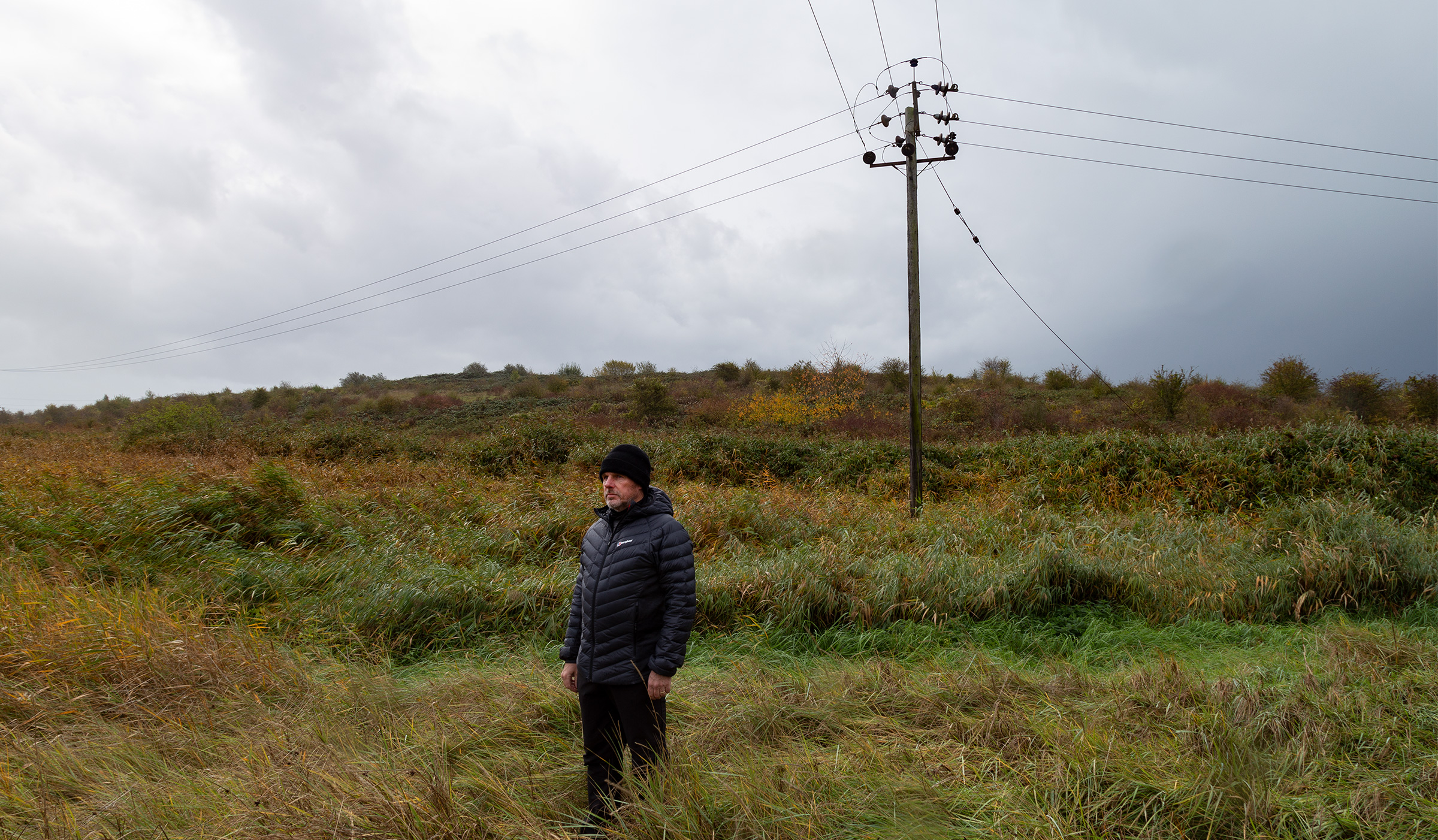
'Nonetheless, I (like many others) felt a wrongness in the world,
a wrongness that seeped through the cracks of my privileged, insulated childhood.
I never fully accepted what I had been offered as normal. Life, I knew, was supposed to be more joyful than this, more real, more meaningful
and the world was supposed to be more beautiful'.
Charles Eisenstein, 2013











